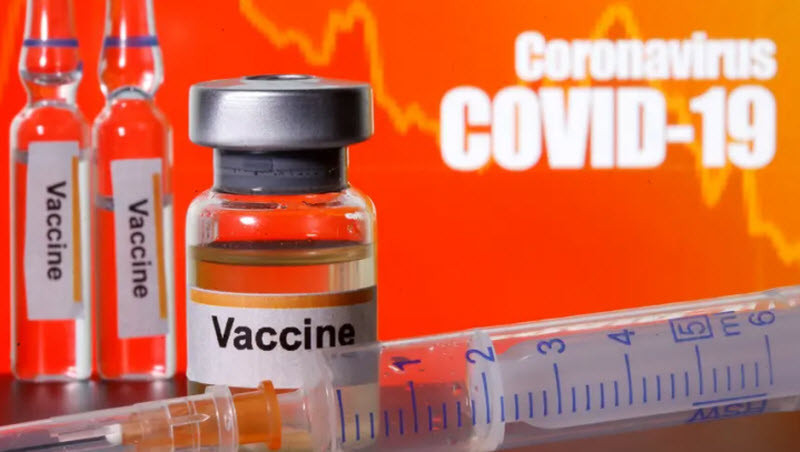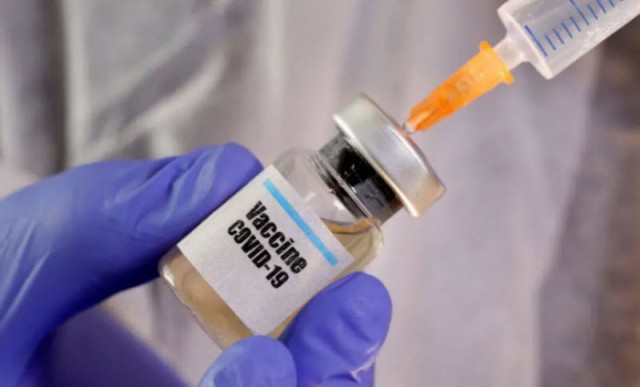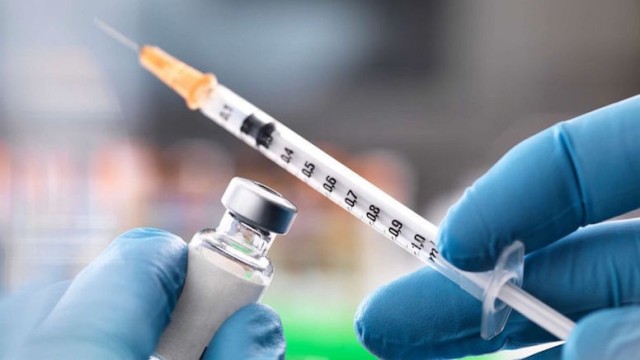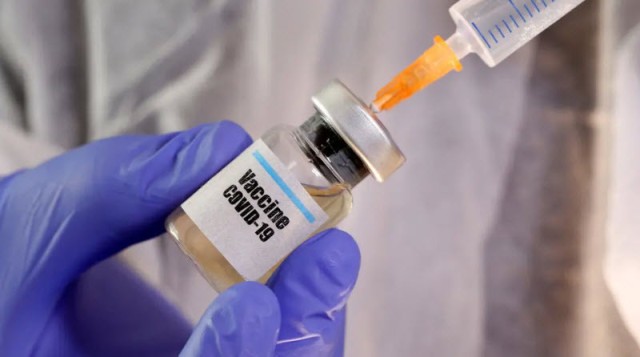Britain has signed agreements with Pfizer, BioNTech and Valneva to purchase 90 million doses of vaccines under development for Corona virus.
According to ArabiaNet, Pfizer and BioNech plan to supply 30 million doses using mRNA technology this year and next year, and these companies can increase their production of vaccines to 100 million doses by the end of 2020 after obtaining approval from the competent authorities in early October.
In a related context, Valneva has agreed to supply 60 million doses of the vaccine under development at the present time, while it intends to supply forty million additional doses if it is found that the vaccine is safe and effective. .
In addition, clinical trials are progressing to test a new vaccine for coronavirus, developed by researchers at Imperial College London, where the trials of the next stage began.
Earlier last week, the researchers confirmed that they had conducted clinical trials of the vaccine on a larger number of participants in order to assess the optimal dose of the Imperial apple, after the successful initial stage. That included 15 volunteers, according to Imperial College London, viewed by ArabicNet.
In this next phase of the experiment, 105 participants, ages 18 to 75, will be randomly selected to receive the first three doses of the vaccine in a facility in West London.
The first 15 volunteers, who were part of the escalation of the initial dose, will return to receive their second dose in the coming days.
The clinical team closely monitors all participants.
In addition to recording any possible adverse reactions to the vaccine, the team will analyze the participants ’blood for the presence of neutral antibodies against SARS-Cove-2.
"The start is promising, but it is still too early to predict whether our vaccine is effective in preventing infection," said Dr. Katrina Bullock, head of the Clinical Studies Department. Early clinical trials are going well, and I want to thank all those who support this work, especially the volunteers for our experimental tests.
Professor Robin Shattuck, who is leading the development of the Imperial-19 vaccine, said that progress to the next stage of the trial is an important step in assessing the safety of our vaccine. Analysis of blood samples for antibodies and T cell response will provide some indications of whether our vaccine can produce an immune response to fight the virus. Further clinical trials will remain needed for ...










































